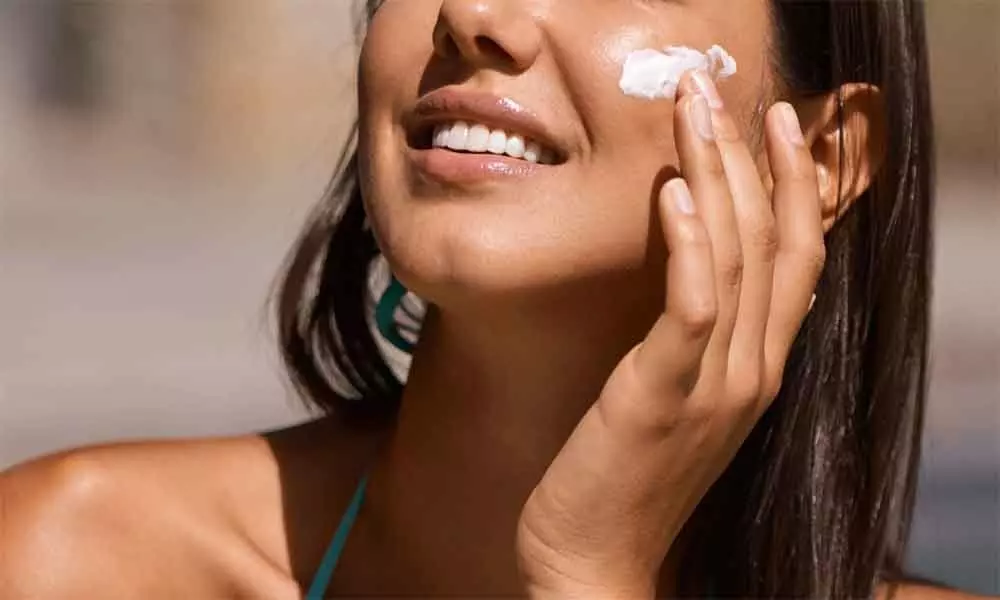Sunscreen the most important skin care routine: How does sunscreen actually work?

Did you know that you have a very high chance of developing skin cancer if your skin has been sunburned more than five times? It may sound dramatic, but it’s a fact.
Did you know that you have a very high chance of developing skin cancer if your skin has been sunburned more than five times? It may sound dramatic, but it's a fact. Everyone wants their skin to be flawless all the way into their sixties, seventies, eighties and beyond, when symptoms of ageing are more prominent than ever. We all want a minimalist skincare routine for our mornings and nights that will keep our skin clear, fresh and glowing, but this is simply not possible without sunscreen.
Sunscreen protects your skin from a number of health risks, including skin cancer and premature ageing. How does sunscreen actually work, though? Basically, the chemicals present in sunscreen reflect or absorb harmful UV radiation, effectively acting as a shield for your skin.
Back in the day, it was believed that the sun's UV rays only affected fair-skinned people, as darker skin produced enough pigment to protect it from harm. Recent research shows, however, that darker skin tones are as likely to fall victim to skin cancer or premature ageing if not adequately protected. It's true that more melanin is produced in darker skin tones, but it's simply not enough to protect the skin from harsh sunlight.
As for how to apply sunscreen, take a healthy amount and blend it both onto the face (don't forget your eyelids and ears as well) and the neck. Be sure to also apply it to any part of your body that is exposed to direct sunlight.
The next question to consider is that of how often we should reapply sunscreen. The answer to this question actually varies. If you are indoors for most of the day it's not necessary for you to reapply sunscreen, but if you plan to spend most of your day outdoors, it's best to reapply every 2 hours. Sweating or rubbing your face are the main reasons for reapplication sweat can wash off your sunscreen while rubbing can unconsciously remove it from your face. Additionally, the working span of the protective chemicals in sunscreen are limited and won't protect you from UV rays for an entire day without reapplication.
Another thing to discuss in relation to sunscreen is that the information on the packaging may be confusing. On offer are sunscreens ranging from SPF (Sun Protection Factor) 15 all the way to SPF 100. It's always best to use a sunscreen with a higher SPF – remember that the higher the percentage, the better it'll protect your skin.
Nowadays, there are so many different types of sunscreens on the market. They come in the form of gels, creams, powders, foams, sticks, and sprays, and cater to all different skin types, be it dry, oily, combination or sensitive skin. While the sheer variety can be overwhelming, just look for one that you think will work best for your skin type and lifestyle.
As for sunscreen recommendations, I personally like Neutrogena's sunscreens. They have a wide range catering to all different skin types. A big plus is that they are available in most countries and aren't too pricey. The list does not stop at Neutrogena, as brands like Supergoop, Aveeno, and La Roche-Posay all sell high-quality sunscreens that have all received great reviews.
Lastly, I would advise everyone to always do some research before buying anything. What works for someone else might not work for you, so get to Googling.














